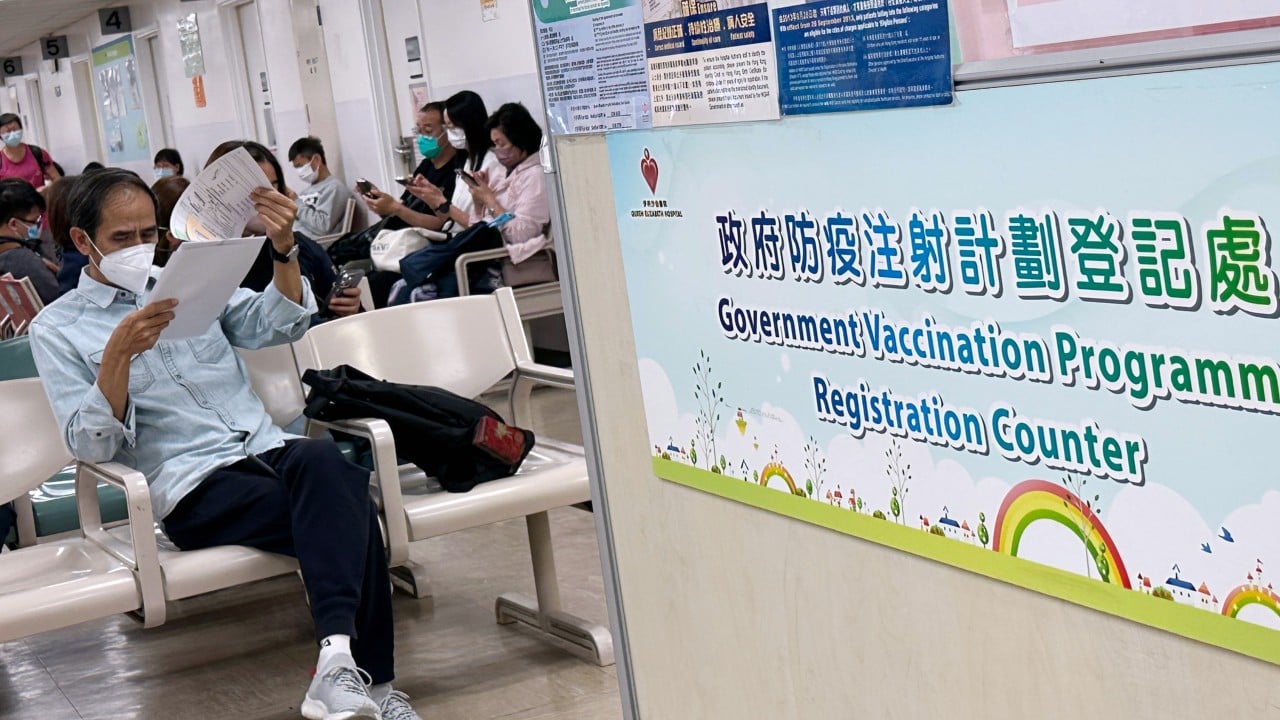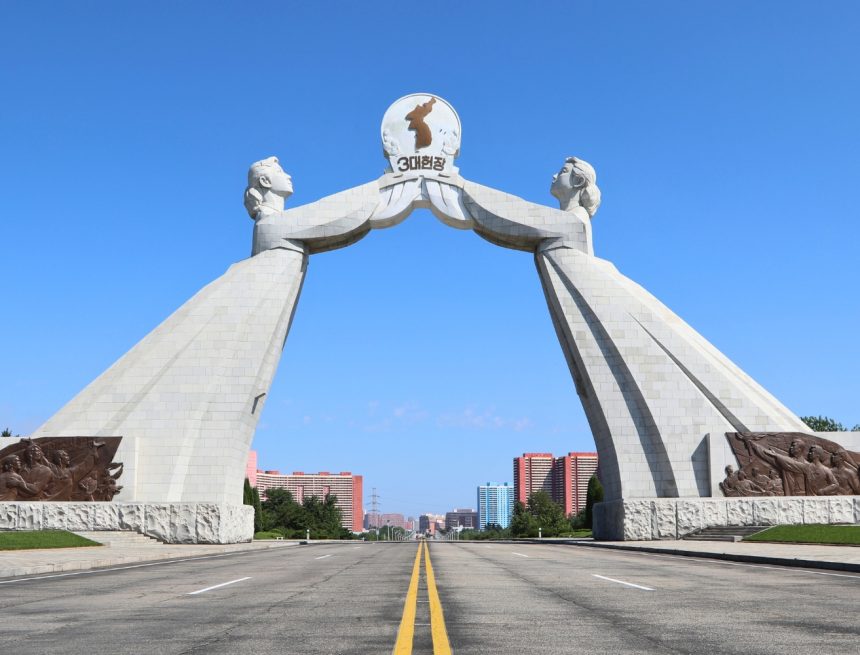
Hong Kong’s current flu season, driven by a highly transmissible mutated virus strain and compounded by a cold snap, will be significantly prolonged and may overlap with the coming winter season, a leading infectious disease expert has said.
David Hui Shu-cheong, a professor of respiratory medicine at the Chinese University of Hong Kong, also said on Sunday that the city would have to study whether the flu could become perennial – the situation in Singapore – requiring the acquisition of vaccines designed for both northern and southern hemispheres.
Hui said the summer influenza peak occurred around mid-October and was now gradually receding. The process typically took six to eight weeks, but the current situation was complicated by the onset of cooler weather.
He explained that colder temperatures naturally increased the activity of the virus, which would affect the city as the mercury was expected to dip to as low as 13 degrees later this week due to a cold front moving across the coast of Guangdong.
“When people are afraid of the cold and move indoors, where the air is not well circulated, it creates conditions that could prolong the period of transmission,” Hui told a television programme, saying places such as schools and elderly homes could be affected.
The dominant strain, a variant of H3N2, had also undergone an “antigenic drift”, involving seven mutations that primarily affected its transmissibility, Hui said, citing UK data estimating that the mutated strain could infect 140 people for every 100 cases, up from 120 previously.
“This combination of factors may prevent the epidemic from receding within the usual six-to-eight-week time frame and extend the transmission period,” he said.


